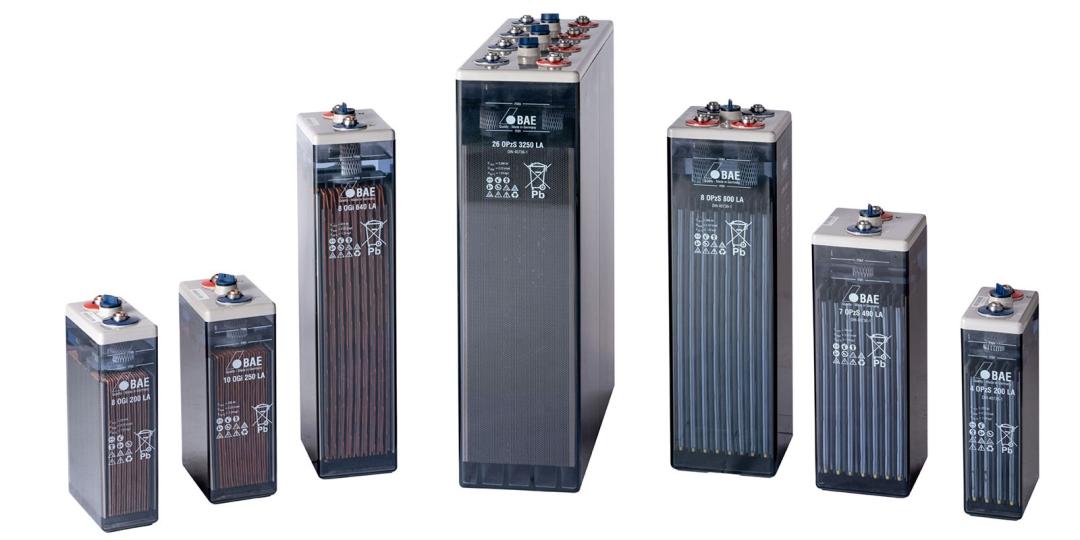by Wilfred Mkhulise, Silicon Engineering
Silicon Engineering received 36, 100 Ah BAE batteries from a customer in August 2021. On the day they arrived a physical inspection of the batteries was carried out. We found that they were packed just as they were when they left our factory more than two years ago, in May 2019. Although a little dusty, when we removed the protective wrapping, they were spotlessly clean, as if brand new. There was no white powder on the plates of the battery, which is normal when batteries stand for this long without being charged. Neither was there any visible chemical damage when we started charging them.

We charged these batteries at 10% of the battery’s capacity for more than a week.
- After the first day, we tested them and found that there was no change in the specific gravity of the acid.
- On the second day there was also no change in specific gravity.
- On the third day, a change in specific gravity and voltage was detected. That change was still not enough to do the capacity test, so we kept on charging them, monitoring the specific gravity and the voltage of the batteries.
- On Day 4, there was still not enough charge on the batteries, so we carried on charging them.
- On the fifth day there was some improvement but still not enough charge to do the capacity test. Furthermore, the batteries' temperature had increased slightly. We relaxed them for 24 hours before the next charge.
- On Day 6, the specific gravity and the voltage improved but still not enough to do the capacity test.

Then, on the seventh day, the specific gravity improved and was good enough for us to do the capacity test. We decreased the charging rate to 7% of the battery’s capacity. At 168% capacity we decreased the charging rate to 3,5% of the battery capacity for 24 hours. The level of the electrolyte was also approaching minimum level.
This was surprising, since we expected the batteries, which had stood unused for so long, to be sulfated, but they were not. While decreasing the charge on the batteries, we prepared them for the capacity test. We did a 5-hour capacity test on these batteries according to the manufacturer’s specification. To our surprise, they achieved more than 100% capacity!
The excellent quality and manufacture of BAE batteries counted in the customer’s favour. It would certainly not have been the case with many other cheaper batteries and although these BAE batteries may have been more expensive initially, great quality and good engineering made the difference. As a result, these batteries could be sent back to the customer for use in a UPS application for a fraction of the cost of having to buy new BAE batteries, thus providing a huge saving for the customer.
Contact Wilfred Mkhulise, Silicon Engineering, Phone 011 474-3423, wilfred.m@silicon-online.co.za















